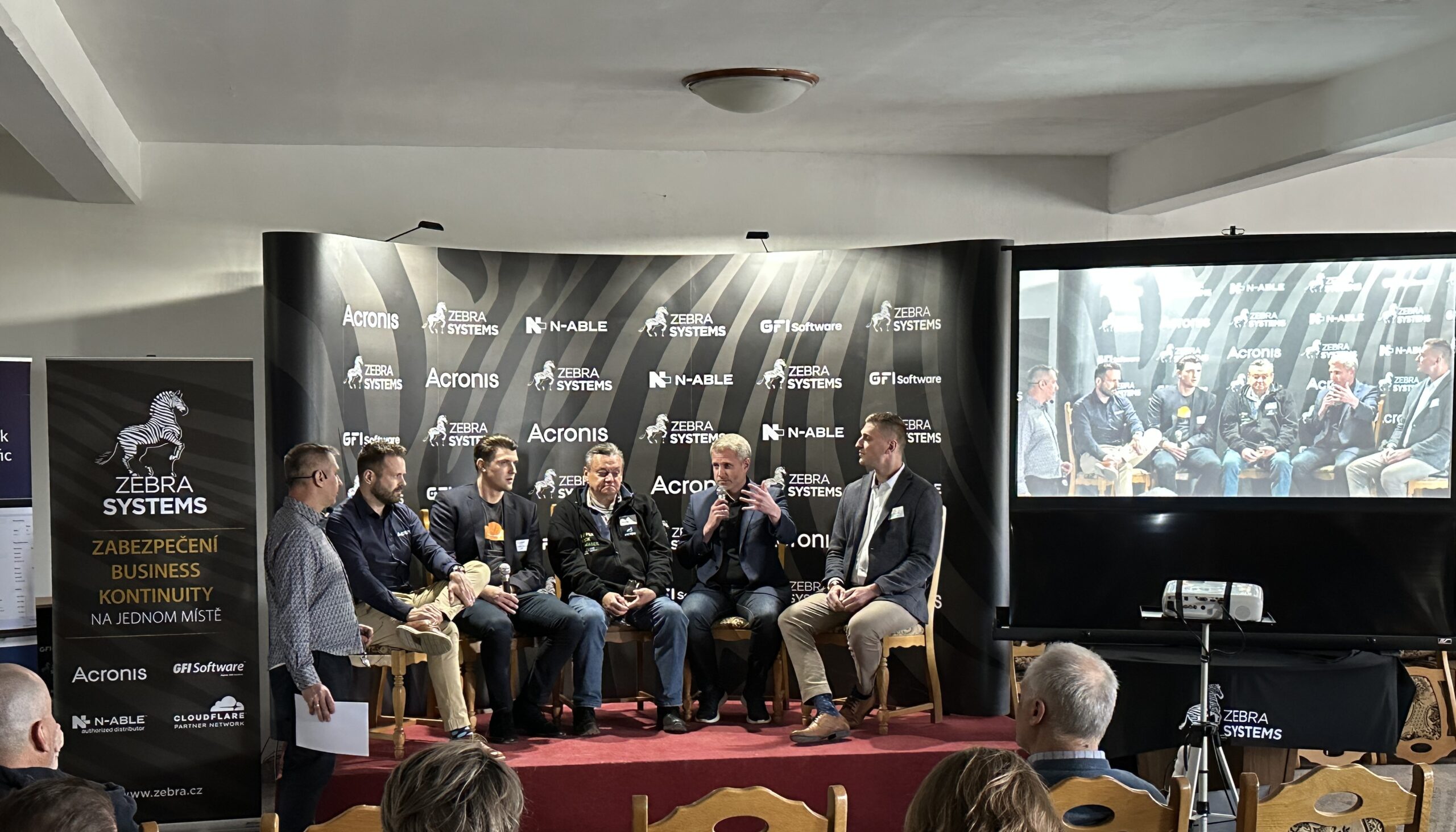
There are many dilemmas we have about artificial intelligence. We believe that AI will help us to solve many challenges, but at the same time we are also afraid that AI will bring also negative consequences. Are we ready for next step in artificial intelligence? Let’s have look at the most interesting answers from guest at our Be MSP! conference in Croatia.
Maxim Akimov, Sr. distribution manager NCEE at N-able:
„There are people who are telling that invention of AI, is evolution is or has the same meaning to mankind as let’s say development or invention of internet in general. So if the internet was the big thing as we all know, so those people believe that AI is a that next big thing.“
Miroslav Varga, Google Certified Trainer at Escape Studio:
“To be honest, I don’t know what to think about AI. When the ATM machine was invented in the 1970, it was about 300,000 people working in the bank as cashiers. And 40 years later, in 2010 installed 400,000 ATM machines in the United States, there are now 600,000 people working in the banks. But they are not doing the same job that they have done. The problem now is that for example self driving cars will replace taxi drivers. What can you do with the person 55-60 years old? Nothing. He’s useless. So therefore you have to find the solution. One of the possible solution is the basic income. But then you have another problem. If you have a basic income in Europe, that doesn’t mean that will solve problems for example in Bangladesh.”
Yarik Chervony, Enterprise Account Executive for Adriatics at Cloudflare:
“We focus on the benefits of AI and we know how AI can help for example in information security. But what we’ve seen at Cloudflare actually is, it’s a double edged sword. For example with ChatGPT it actually enables malicious actors to create attacks quicker and more attacks, like phishing emails.” They could ask ChatGPT to write a sophisticated DHL or PayPal phishing e-mail which is obviously the biggest threat vector for any business. 95% of attacks start with a phishing e-mail or business e-mail compromise.”
Laszlo Burkus, Distribution Account Manager at Acronis:
“People will develop AI because they believe it’s gonna bring the money. At the moment without any regulations. And unless something major breaks, we’re gonna just follow the flow. We might go back to the basics and read Isaac Asimov how he how he foreseen this because he has a lot of truth there. When a conveyor belt was implemented and the steam machine was invented, there were a lot of workers who went to the factories and they they demolished those things because they were afraid. I think with Asimov and history books, we just need to go back and see how the transition was made back then and we need to kind of adapt it to nowadays.”
Jozef Kačala, VP of global sales engineering at GFI Software:
“I fully agree that there are no regulations and there should be some regulations. But at the same time, if an AI will be a weapon or a tool to get money from nations, what is the expectations of those nations signing those treaties? We see the same from nuclear weapons, that are 70-80 years old. So if we were not able to get the entire world to signing treaties to get rid of the nuclear weapons or to reduce them, then how successful we are expecting to be with AI which is not aiming only on destruction but on making what the world wants, money. AI is very new and that’s the problem with the regulation, because here we don’t even know how to regulate. We don’t have a basis. We don’t have experience with it because it’s just bumped out so quickly.”
The complete recording of the round table can be found at: https://www.youtube.com/watch?v=4JZqgYAd63g.